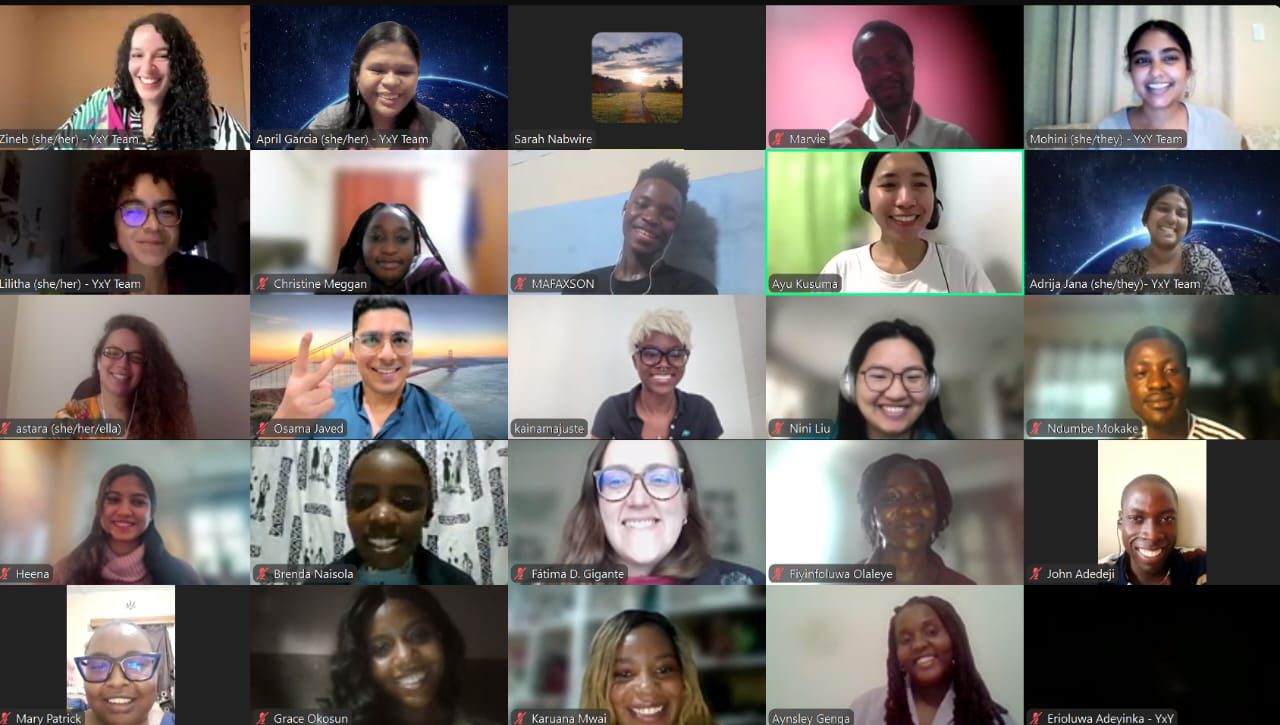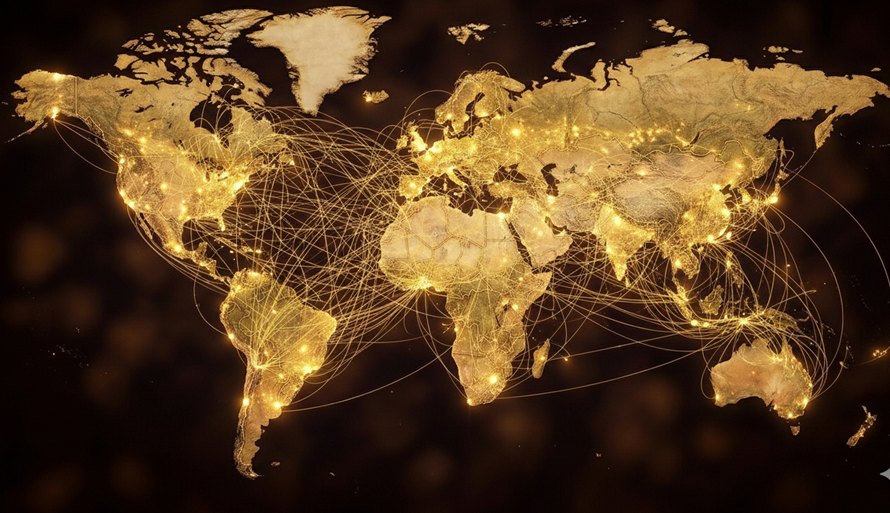We can draw immense inspiration from concepts and philosophies that embody the relational ways of being we long for, finding solace and profound energy in the worlds they dare to bring to life. However, often these inspirations emanate from peoples and cultures that have been historically marginalized and oppressed by colonial forces, while their wisdom is systematically erased. This erasure is glaringly evident when we scrutinize the dominant values and wisdom prevalent in institutions, systems, and media that typically reflect a Eurocentric, monocultural lens.
As we strive towards midwifing this more beautiful world, we need to acknowledge that our current paradigms of existence and understanding fall short in moving us towards this vision. To truly realize the realms of our deepest longings, we must embrace diverse ways of knowing. We need to be humble recipients of the wisdom held by generations of cultures of which we are merely the younger siblings.
Here are some concepts and philosophies that deeply inspire us at YouthxYouth:
Ubuntu
Ubuntu, an African philosophy that is understood as “I am because you are or I am because we are,” has its roots across the continent, and variations of the word can be found in many African languages. One variation of the philosophy originates from the IsiZulu phrase “Umuntu ngumuntu ngabantu”, which can be understood as “a person is only a person through others”.
The core concept of relationality within philosophies like Ubuntu inspires and transforms the ways in which we understand our existence in this world. Our reality is shaped by narratives and stories perpetuated by failing destructive systems and thus reflects the old story of separation.
“The Story of Separation essentially says that you are a separate individual among other separate individuals in this objective reality that has fundamentally nothing to do with you.” (Charles Eisenstein, 2019)
However, Ubuntu, among other relational philosophies, enables us to imagine relating in different and revolutionary ways. It allows us to see the whole of our existences, the ways in which my life, as I sit here writing this article at 6:12 pm on the 12th of April, 2024, is so deeply connected to your life, whenever and wherever you may be reading this. It moves us to explore the new and ancient story of interbeing, which deeply inspires our work.
Sumak Kawsay (Buen Vivir)
Sumak Kawsay or Buen Vivir is a concept that originates from the Andean regions of South America, and is prevalent in a lot of indigenous cultures. It roughly translates to “living well” and offers an understanding of wellness outside the scope of western ideals. Sumak Kawsay encourages us to question what we have been told success is under neo-colonially imposed standards and ways of being and take inspiration from indigenous ways of being in defining “living well” as a wellness rooted in liberation, agency, and collective wellbeing.
Currently, we are living through multiple social fractures and crises, and within our school and work systems we are taught to ruthlessly compete for notions of “personal success” instead of being educated to care about our wellbeing, the wellbeing of others, and the wellbeing of our planet. It is for this reason that Sumak Kawsay inspires us. It inspires ways of living that can directly serve us in the present while simultaneously nurturing life-affirming futures.
Sankofa
Sankofa is a concept derived from the Akan people of Ghana. The word loosely translates to 'going back to retrieve something', and it “…is a phrase that encourages learning from the past to inform the future, reaching back to move forward and lifting as we climb” (Dwight Bullard).
The decolonization and reimagining of our ways of knowing, being, and learning that this philosophy explores deeply resonate with and inspire us. This concept moves us to explore acknowledgment and accountability through revolutionary love, which offers a safe and meaningful process of healing. In times when it's pivotal that we reimagine our structures and ways of being, Sankofa (or looking back at our past and where it's gotten us) is of the utmost importance, and it will ensure that we don't stay trapped in oppressive cycles.
“It is my deep belief that in talking about the past, in understanding the things that have happened to us we can heal and go forward. Some people believe that it is best to put the past behind you, to never speak about the events that have happened that have hurt or wounded us, and this is their way of coping —but coping is not healing. By confronting the past without shame we are free of its hold on us.” ― bell hooks, Teaching Community: A Pedagogy of Hope
Whanaungatanga
Whanaungatanga is a Maori practice that signifies the power of relationships in enabling collective wellbeing.
“Whanaungatanga is a foundational principle that highlights the importance of relationships and connections between individuals, families, and communities. It is more than just a concept; it is a way of life that underscores the interconnectedness of all people and emphasizes the responsibilities that come with these connections.” (Lana Jelenjev, Relationality across cultures, 2024)
We understand Whanaungatanga to be a revolutionary practice that opens our eyes to see the metaphorical mycelial networks within our communities. It helps us unlearn siloed ways of being in the world and learn how to be in community meaningfully, the ways in which relationships and communities reciprocally nurture our whole beings, and the importance of seeing ourselves through those relationships.
“You’re a mosaic of everyone you’ve loved, even for a heartbeat” - Anonymous
Through the lenses of Ubuntu, Sumak Kawsay, Sankofa, and Whanaungatanga, we see the possibility of a more just and relational world. Ubuntu moves us to truly lean into our interconnectedness. Sumak Kawsay invites us to redefine notions of success and wellbeing, embracing a paradigm rooted in collective liberation and holistic wellness. With Sankofa, we are called to look to the past to inform our path forward, drawing upon ancestral wisdom to heal and transform oppressive structures. And in Whanaungatanga, we find solace in the power of relationships, recognizing that our collective wellbeing is intricately tied to the strength of our connections with one another.
Let us sit together, around the metaphorical fire, hand in hand, and listen. Listen to the wisdom of the people, the peoples that came before us, and the people who exist now. Let us hear the wisdom that the planet and more than human life have to offer. Let us just be humble recipients of the wisdom we need.
%20(1).jpg)
.png)



Comments